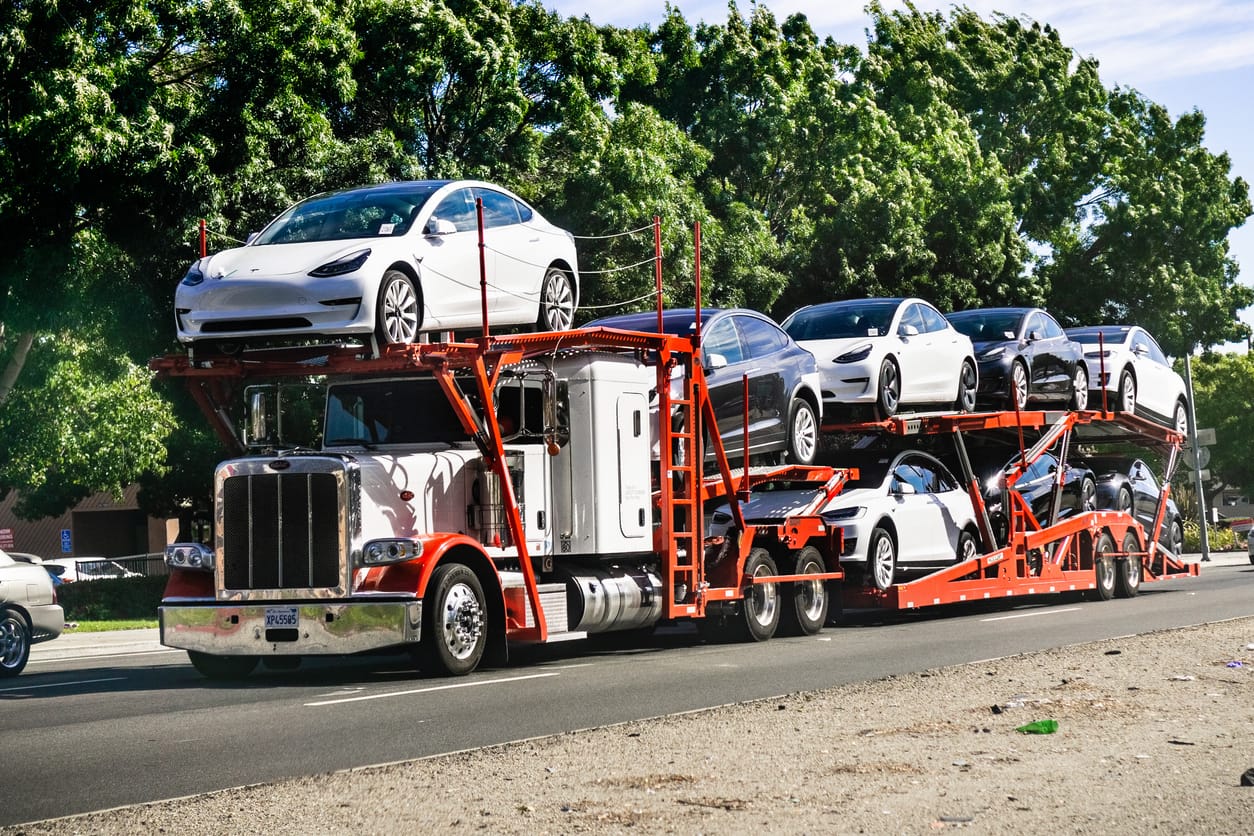Introduction
Navigating the ins and outs of domestic car shipping can feel like traversing a maze. However, understanding the process helps to demystify it, providing a clear path forward. From the complexities of interstate regulations to the choice of transport method, let’s dive deep into how car shipping works within the United States.
The Car Shipping Process: A Journey from A to B
Understanding the car shipping process is crucial. Not unlike sending a parcel, shipping a car involves several key steps, all orchestrated with the precision of a well-rehearsed dance.
Preparation and Inspection
Before embarking on its journey, your vehicle undergoes a thorough inspection. The transport company documents any existing damage, creating a report. This step provides a benchmark for comparing the vehicle’s condition upon arrival, thereby ensuring accountability.
Collection and Transportation
The collection process varies, influenced by factors such as location and vehicle type. Afterward, the vehicle is transported using the chosen method—enclosed or open trailer—depending on the owner’s preference and budget.
Delivery and Post-Shipping Inspection
Upon reaching its destination, a final inspection is performed to assess any potential damage. The car is then ready to be reclaimed by the owner.
Deciphering the Costs: The Financial Aspect of Car Shipping
Cost is often a major concern when shipping a vehicle. While it’s challenging to provide an exact figure due to various influencing factors, understanding what drives these costs can help in planning.
Distance and Route
Naturally, the farther the car needs to be shipped, the higher the cost. Similarly, the route’s complexity can impact the price. Navigating through densely populated areas or challenging terrains often entails additional expenses.
Vehicle Specifications
The car’s size and weight significantly affect the shipping cost. Larger, heavier vehicles occupy more space on the transport trailer and require more fuel to transport, hence a steeper price tag.
Transport Method
Choosing between an open and enclosed trailer also affects cost. Although enclosed trailers provide more protection, they come with a higher price.
Understanding State Regulations
Each state in the U.S. has specific regulations concerning car shipping. As these laws can directly impact the shipping process, it’s critical to familiarize yourself with the rules of both the originating and destination state.
Registration and Licensing Laws
State laws often differ when it comes to registration and licensing requirements. Some states may require specific permits, inspections, or even special license plates for transported vehicles.
Environmental Regulations
Environmental laws can also vary, particularly those relating to vehicle emissions. States like California, known for stringent environmental regulations, may necessitate additional checks or modifications.
How to Choose a Reliable Car Shipping Company
Selecting a reputable car shipping company is fundamental to a successful transportation experience. Here are key factors to consider.
Licenses and Insurance
A reputable company holds all necessary licenses and insurance. Ensuring these are in place is a crucial first step in selecting a service provider.
Reviews and Ratings
The experiences of past customers can offer valuable insights. Reviews and ratings help gauge the company’s reliability and the quality of service they provide.
Communication and Customer Service
A company’s communication and customer service skills are telling. They should be willing to answer your questions and provide clear information throughout the shipping process.
Conclusion
Car shipping in the U.S. is a process marked by complexities, but understanding the steps involved, the costs, state regulations, and the importance of choosing a reputable company can make the journey less daunting.
FAQ
Q1: What’s the typical timeline for shipping a car within the U.S.?
A: The timeline can vary, but generally, coast-to-coast shipping takes about 7-10 days, while shorter distances can take 3-5 days.
Q2: Can personal items be shipped in the car?
A: Policies on this vary among companies, but generally, it is discouraged due to safety, weight restrictions, and potential for damage.





